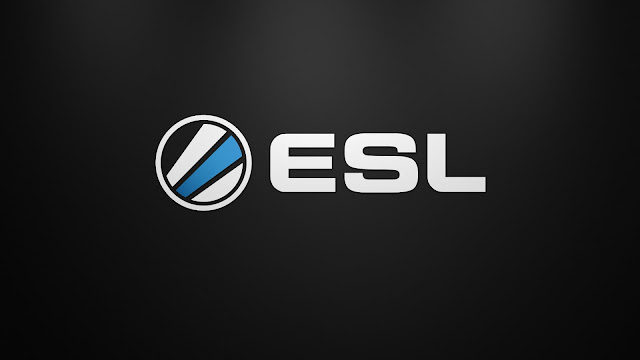ESL Discussing Anti-Doping Measures
Thursday, July 23, 2015
In a recent video interview, Kory "Semphis" Friesen , formerly of Cloud9 talked about using Adderall during a CS: GO tournament in March. Adderall is a prescription amphetamine abused by many competitive gamers to heighten focus and remain alert. Friesen claimed the entire team was using the drug at the time of the ESL Katowice One event last March. In response, the ESL has announced that it is taking measures to counteract doping during its events. The extent of these measures are yet to be determined, but it is an important step for professional gaming.
The ESL will be conducting meetings with WADA, the World Anti-Doping Agency, to determine the best system to detect and appropriately punish players caught using performance enhancing drugs with an aim to creating a policy "that is fair, feasible and respects the privacy of the players, whilst simultaneously providing conclusive testing results." For now, they have said that they will be testing at many major series events, but will start with randomized drug testing at the ESL Cologne One event in August.
The ESL also plans to implement an educational prevention program nebulously aimed at giving players information about the more commonly used drugs and finding other ways to manage the pressure and stress of high-level competitive gaming.
While I applaud the ESL for taking these measures to stop an issue that has been one of the poorly kept secrets of professional gaming for a while, its actions don't add up to an effective plan for prevention. All this can change, and probably will, once meetings with WADA have solidified a procedure, but the band-aid approach of randomized skin testing is more for show than actual effect.
Adderall doesn't have a specific test but rather tests positive as an amphetamine. The most effective way to test for abuse is through a blood test, but many agencies find these costly to implement. A urine test is efficient both in testing speed and cost, but may still bee seen as invasive by the ESL. The skin tests the organization aims to use are less effective at catching the abuse of drugs like Adderall and cost more per unit, but can be administered without any violation to the patient's space or privacy.
The next issue comes in the way Adderall breaks down. Adderall cannot be detected in drug tests outside of four days after use, leaving potential users a lot of opportunity to hide their usage from the ESL. Users may also be difficult to detect due to Adderall's lower potency/dosage than the street narcotics most tests are generally built to discover.
What's more interesting to me is that it has taken this long to address the issue of PEDs in professional gaming. In fact, when Friesen admitted to using the drug, the interviewer was completely unphased, almost going so far as to recommend it to his viewers.
Many pro-gaming teams have their own anti-doping policies prohibiting the use of drugs by any player within the clan. Going forward, it could be more effective for the ESL to work with these teams on top of implementing a more complete testing procedure. Requiring teams to have an anti-doping policy before registering for an event could take some of the burden off the ESL. More effective than that may be the availability of education and support for players. I think mentioning that Friesen's doped up team only managed 9th place would go a long way towards dissuading potential users.

